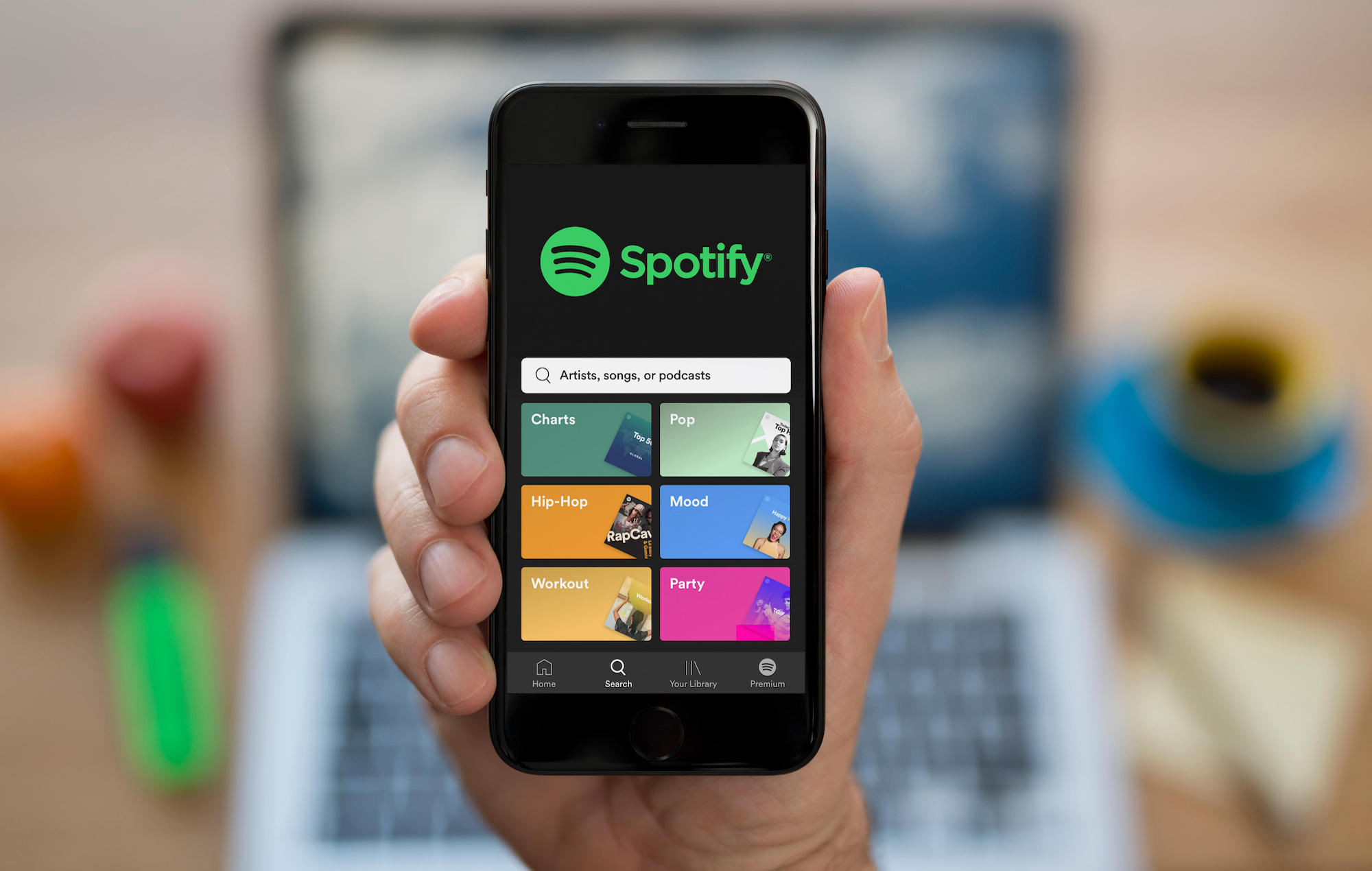
Artists and industry figures have urged the government to “force necessary changes” after an inquiry called for a “total reset” in the way that artists are paid by streaming services.
The Department for Digital, Culture, Media and Sport (DCMS) Commons Select Committee have been examining the business model since last year and whether or not the model is fair to songwriters and performers.
Findings released last week (July 15) saw MPs calling for new legislation that “enshrines in law [artists’] rights to a fair share of the earnings” to address the inequality in payments received by artists.
Recommendations from the inquiry also included calls for government to legislate so that performers “enjoy the right to equitable remuneration for streaming income”.
David Martin, the CEO of the Featured Artists Coalition, the UK trade body which represents the specific rights and interests of music artists, explained to NME that the report’s recommendations must be implemented if the gulf in payments received by artists is to be properly addressed.
“The FAC is delighted to see such a powerful set of recommendations from the DCMS Select Committee, and we thank them for the diligence in getting to this point,” Martin told NME.
“We have long campaigned for a better deal for artists and other creators from the recorded music they create, which generates so much value for the whole of the music industry.

“We’re particularly happy to see that all of the recommendations which were put forward in our submission made prominence in the report, such as contract renegotiation and greater transparency.”
Martin added: “Government must seriously consider the report and engage artists, to ensure that its proposals are properly considered and analysed. The time has come for all labels and rights management organisations to step up and treat creators fairly.
“Where unfairness persists, the FAC and the artist community will tirelessly push government to implement regulatory interventions to force necessary changes.”
Leading streaming services such as Spotify and Apple Music currently operate on a system where royalty payments are dished out in accordance with which artists have the most plays.
Last November, Radiohead’s Ed O’Brien, Elbow’s Guy Garvey, Nadine Shah and Gomez‘s Tom Gray were among the artists to speak at the inquiry last November, telling MPs that streaming payments are “threatening the future of music.”
Another vocal voice has emerged in the form of Charlatans frontman Tim Burgess, who passionately called for streaming reform in an opinion piece published earlier this year.
Doubling down on his calls in the wake of the inquiry’s findings, Burgess told NME: “We’ve known for years that so much of the income generated by streaming doesn’t reach the artists, through campaigns like #BrokenReCord we’ve learned that lots of the funds reach major labels but are syphoned away from the people that make the music that makes money. Archaic contracts mean that artists are unpaid for the longest time.”
Burgess also referenced the comments of Julian Knight MP, The Chair of The Digital Culture, Media and Sport, who commented that “While streaming has brought significant profits to the recorded music industry, the talent behind it – performers, songwriters and composers – are losing out.”
Burgess said: “The details can be pored over but plans have to be put in place. This isn’t about my generation of musicians and bands – we lived in different times where music was bought and owned by our audience. Streaming came in and it was like a Wild West land grab – the rules made by the people who stood to benefit the most.
“Are there brighter days on the way? It’s hard to tell. There’s a lot of work to do, but at least there are new ears to hear what musicians have been saying for long enough.”
Speaking to NME on condition of anonymity, one industry insider also warned that the pipeline of future acts will be threatened if artists fail to receive sufficient payment for their craft through streaming services.
“Payments through the streaming model are so pitiful at the moment that artists will make their money through touring,” they said.
“But at a time when a global pandemic has stopped artists from playing shows, many have had to give up their craft or face financial ruin. It doesn’t have to be like this, we need to create a level playing field or we risk losing out on a whole generation of talent. The next big thing might be out there, but at risk of giving it up all because they simply can’t afford it.”
Speaking to the hearings, Spotify previously warned that raising subscription prices could push people to online piracy, while MPs accused one major label boss of “living in cloud cuckoo land” after he claimed that artists were happy with the existing music streaming model.
SoundCloud, meanwhile, won praise earlier this year after announcing that it will become the first streaming service to direct the fees of paying subscribers to the artists they listen to.
NME has contacted the government for comment.


